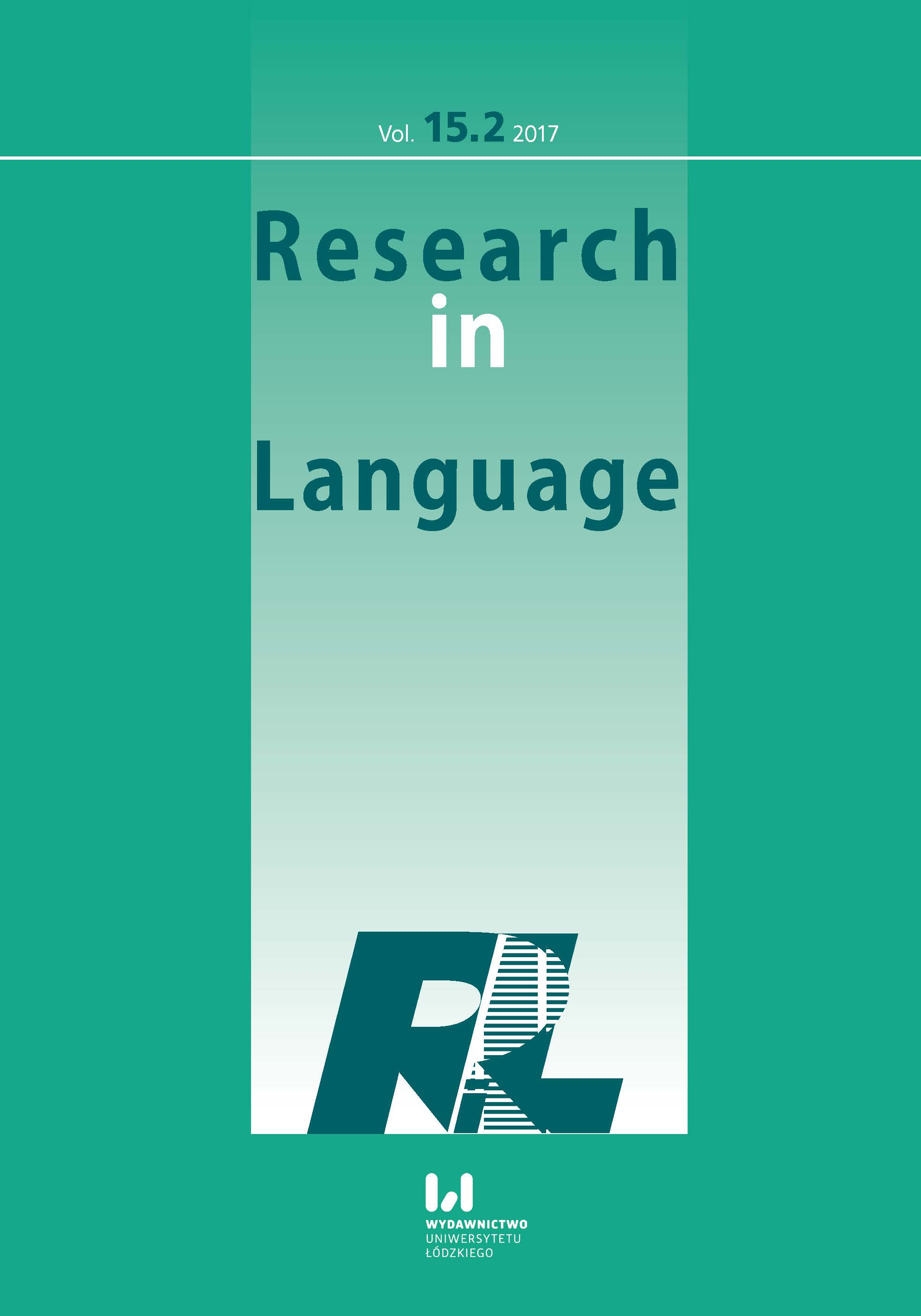Moving-Time and Moving-Ego Metaphors from a Translational and a Contrastive-Linguistic Perspective
Moving-Time and Moving-Ego Metaphors from a Translational and a Contrastive-Linguistic Perspective
Author(s): Mario Brdar, Rita Brdar-SzabóSubject(s): Language studies, Theoretical Linguistics, Translation Studies
Published by: Wydawnictwo Uniwersytetu Łódzkiego
Keywords: conceptual metaphor; moving time; moving ego; fictive motion; translation; contrastive linguistics
Summary/Abstract: This article is concerned with some cross-linguistic asymmetries in the use of two types of time metaphors, the Moving-Time and the Moving-Ego metaphor. The latter metaphor appears to be far less well-entrenched in languages such as Croatian or Hungarian, i.e. some of its lexicalizations are less natural than their alternatives based on the Moving- Time metaphor, while some others are, unlike their English models, downright unacceptable. It is argued that some of the differences can be related to the status of the fictive motion construction and some restrictions on the choice of verbs in that construction.
Journal: Research in Language (RiL)
- Issue Year: 15/2017
- Issue No: 2
- Page Range: 191-212
- Page Count: 22
- Language: English

